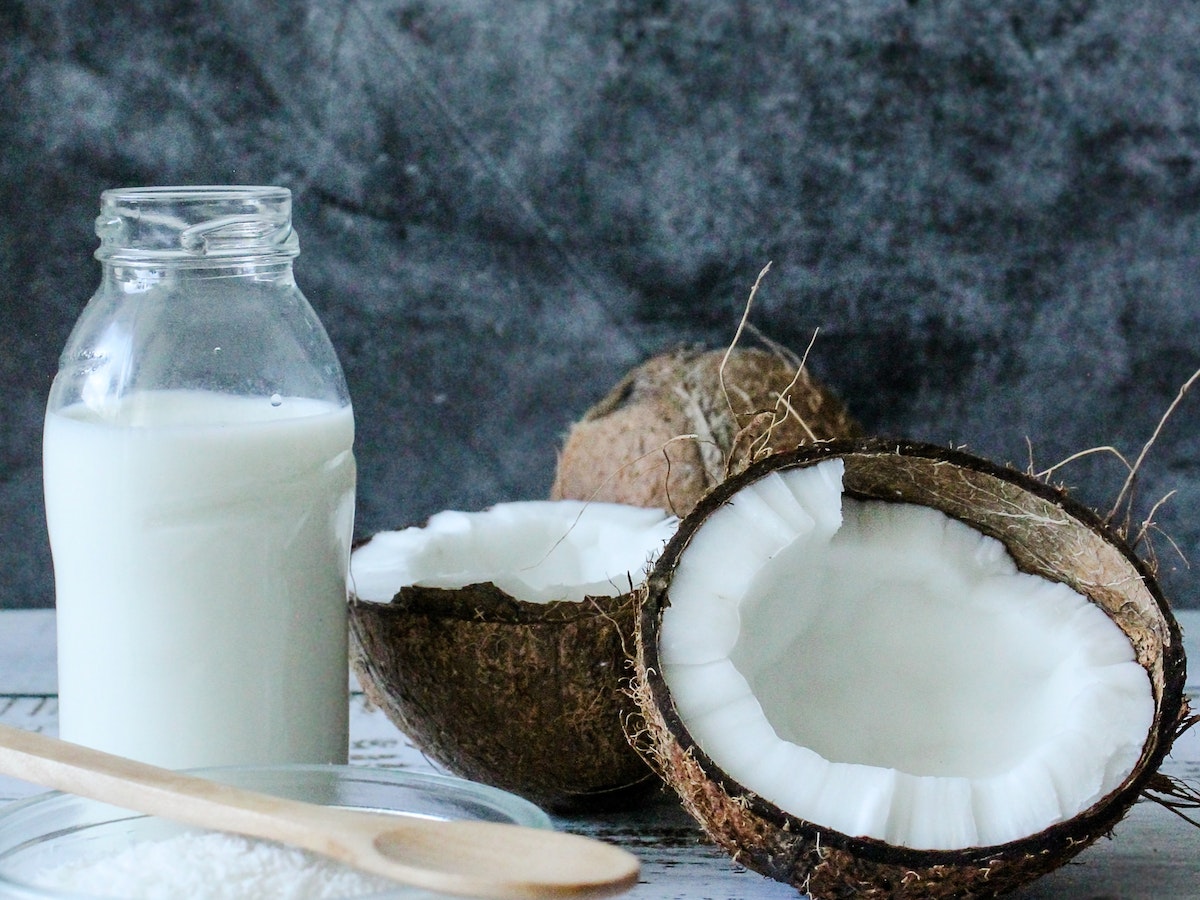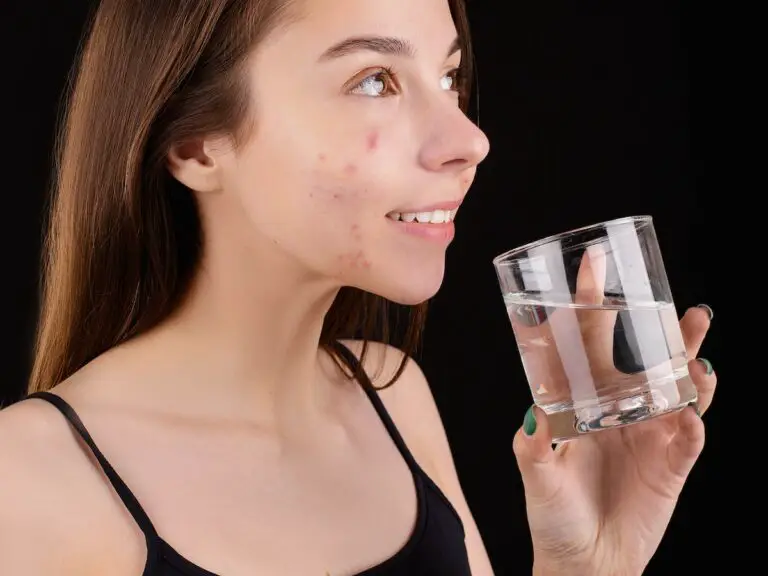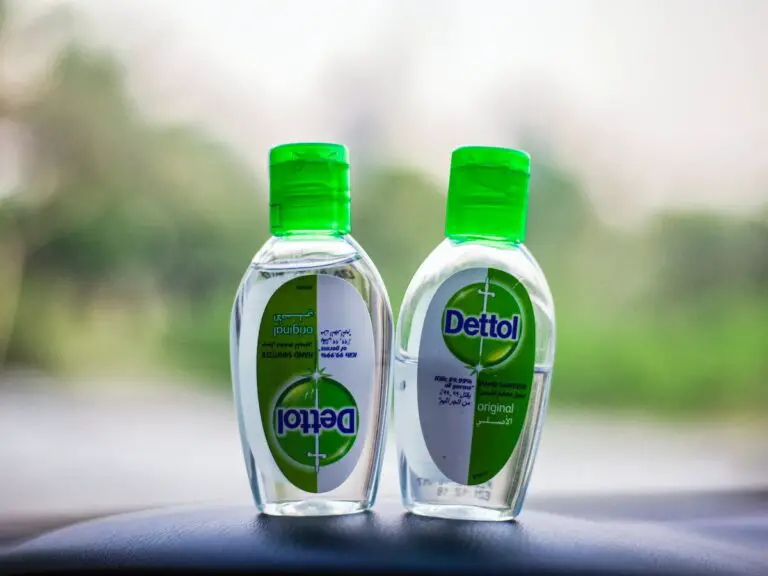Does coconut milk cause acne? What the Experts Say
You have pimples, and you’re wondering if coconut milk could be the cause. There are so many articles and views on the internet that it can be hard to tell what is true and what is not. You’ve come to the right place, though.
In this piece, we’ll look into the question of whether or not coconut milk causes acne, using the opinions of experts to back up our claims. Acne is a common skin problem that affects millions of people all over the world. To keep your skin healthy and clear, it’s important to find the right skincare routine.
Coconut milk, which is derived from mature coconut flesh, has become more famous in recent years because it is good for your health. But some people have said that they got pimples after drinking coconut milk or using it as a skincare product.
We talked to experts in skincare and nutrition to find out more about this topic and give you a full picture of the possible link between coconut milk and acne.
So, let’s find out the truth to the question “Does coconut milk cause acne?”.
Table of Contents
Understanding the Causes of Acne
Acne is a skin ailment brought on by a number of reasons, the most frequent of which is a clogging of the hair follicles with oil, dead skin cells, and germs. The rise in oil production that can accompany hormonal shifts like those that occur during puberty or menstruation has been linked to acne as a possible cause of the condition.
Other elements, such as genetics, certain drugs, and an excess of germs on the surface of the skin, may also play a part in the development of acne. It is essential to keep in mind that although factors related to diet and lifestyle can have an effect on the severity of acne, these factors do not directly cause acne.

Debunking the Myth: Can Coconut Milk Cause Acne?
Coconut milk has received a lot of praise for its several health benefits, such as its high vitamin content and possible antibacterial qualities. The majority of the information supporting claims that coconut milk can cause acne is anecdotal, and there is no scientific proof to back these assertions.
Although it is true that coconut milk includes fats, particularly saturated fats, the fats in coconut milk do not directly cause acne. Acne, on the other hand, has multiple causes.
The connection between one’s diet and acne is a complicated one. Therefore, it is essential to take into account any other aspects of one’s life that might be causing outbreaks.
Expert Opinion on the Coconut Milk and Acne
We talked to experts in the fields of medicine and nutrition to learn more about the possible link between coconut milk and acne. A board-certified dermatologist named Dr. Jane Smith says, “There is no scientific evidence that coconut milk causes acne.” Acne is a complicated disease that can be caused by hormones, genes, and how you take care of your skin. Even though what you eat can affect the health of your skin as a whole, there is no one food that causes acne in everyone.
A certified dietitian named Dr. Lisa Johnson says, “Coconut milk is a healthy food that can be part of a balanced diet. It is good for your health because it has vitamins, minerals, and healthy fats. But if you notice a link between drinking coconut milk and getting pimples, you might want to look at other parts of your food or skincare routine that might be causing acne.”

Studies and Research on the Effects of Coconut Milk on Skin
Even though there haven’t been many studies on how coconut milk affects acne, research on coconut milk and face health can give us some clues. Coconut oil comes from the same place as coconut milk. It is often found in skin care items, and its possible benefits have been studied.
In a study that was released in the Journal of Dermatological Science, Virgin coconut oil has been proven to have anti-inflammatory and antibacterial qualities, which may make it useful for treating skin conditions like acne.
But it’s important to remember that this study was mostly about coconut oil and not coconut milk.
Other Factors That Contributing to Acne
Even if drinking coconut milk might not be the direct cause of acne, there are a number of other things that can contribute to outbreaks. It is possible to irritate the skin and develop acne as a result of poor skincare practices, such as not properly cleaning the skin or using products that are too harsh.
Additionally, the use of particular foods with a high glycemic index, such as sugary snacks and processed carbs, has been linked, in the cases of some people, to an increase in the severity of acne. In order to effectively manage acne, it is critical to stick to a healthy diet, develop and stick to a decent skincare hygiene routine, and take into account individual characteristics.
How to Incorporate Coconut Milk into Your Skincare Routine
There are a few different approaches you may take to incorporate coconut milk into your skincare routine without putting your health in danger.
- First, you should look for products that include coconut milk listed as one of the ingredients and are designed specifically for your particular skin type.
- Look for cleansers, moisturizers, or masks that contain coconut milk, in addition to other elements that are healthy for the skin.
- It is essential to perform a patch test on any new goods before using them all over your face. This will help you determine whether or not you will have an allergic reaction to the product.
- Last but not least, keep in mind that everyone’s skin is different, so the skincare routine that works for one person might not work for another. Pay attention to your skin, and make any necessary adjustments to your routine.

Alternative Options for Those Concerned About Acne
There are other solutions available to choose from if you are concerned about acne and wish to avoid using coconut milk in your skincare routine or diet in order to prevent breakouts. Tea tree oil, salicylic acid, and benzoyl peroxide are just a few of the acne-fighting compounds that can be found in a variety of skincare products. These ingredients have all been demonstrated to be beneficial in reducing acne.
In addition, eating a diet that is well-balanced and contains a lot of fruits, vegetables, cereals that are whole, and lean meats can help your skin stay healthy overall. When looking for personalized guidance, it is always preferable to consult with a dermatologist or other healthcare practitioner.
Tips for Maintaining Clear Skin
Even though there may not be a substantial connection between drinking coconut milk and developing acne, there are a number of steps that you can take to keep your skin clear. First things first, develop a consistent skincare routine that involves light washing, some form of moisturizing, and the use of sunscreen.
It is important to refrain from touching or picking at your face because doing so might spread bacteria and make acne worse. Because a good diet, regular exercise, and the ability to regulate stress levels can all affect skin health, it is important to keep a nutritious diet.
One last piece of advice for your skincare journey is to have patience, as it may take some time until you discover the products and routines that work best for your skin.
Conclusion
In the end, coconut milk does not cause acne directly. Acne is a complicated skin condition that is caused by a number of different things. Diet can affect the general health of your skin, but it doesn’t cause acne in everyone.
Even though coconut milk has many health benefits and can be used easily in skin care routines, it is important to think about personal factors and possible irritants that could cause breakouts. If you are worried about acne, talk to a dermatologist or other health professional for personalized help.
Remember that keeping your face clear and healthy is a process that takes time, patience, and self-care.
FAQs
There is no conclusive scientific evidence to suggest that consuming coconut milk cause acne breakouts.
Coconut milk is generally considered safe for acne-prone skin, as it does not typically cause acne breakouts. However, individual skin sensitivities may vary, so it’s advisable to test it on a small area before incorporating it into your skincare routine.
Coconut milk can have moisturizing and nourishing effects on the skin, but there is no direct evidence to suggest that it causes acne or has negative effects on the skin. Individual skin sensitivities may vary, so it’s recommended to perform a patch test before using coconut milk on the skin.
Coconut milk should be avoided by individuals with known allergies or sensitivities to coconuts. Additionally, those with oily or acne-prone skin may want to exercise caution when using coconut milk, as it can be comedogenic for some people and potentially contribute to breakouts.
Yes, coconut milk can be used daily as a part of a balanced diet and skincare routine. However, individual tolerances and preferences may vary, so it’s important to listen to your body and adjust consumption accordingly.
Disclaimer: This article is for educational purposes only, and does not substitute any medical advice. Always consult a qualified healthcare professional for personalized advice before trying new treatments or medications.

General Physician
Senior Medical Writer






